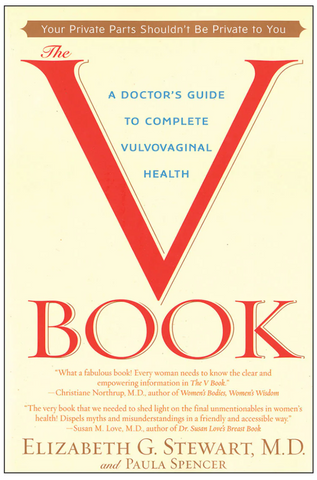Sex shouldn't hurt... but what if it does?

Between 10% and 20% of women in the U.S. experience persistent pain during sex—a condition referred to as dyspareunia.
Dyspareunia can have a significant impact beyond a woman’s sex life. It can affect mental health, self esteem, body image, and relationships.
What causes dyspareunia?
There are two types of dyspareunia, classified as entry and deep. Entry dyspareunia refers to pain experienced with initial or attempted penetration of the vagina. Deep dyspareunia refers to is pain with deep vaginal penetration. The cause of dyspareunia differs depending on whether the pain is entry of deep.
Causes of Entry Pain Include:
- Vulvodynia, which involves chronic pain and irritation around the vaginal opening
- Vulvar vestibulitis, a subset of vulvodynia that involves pain and redness of the vulvar vestibule
- Vaginismus, a condition where the muscles around the vaginal opening involuntarily contract and make penetration difficult or impossible
- A previous injury such as an episiotomy (cut made during childbirth to enlarge birth canal)
- A skin problem in the genital area, such as lichen planus, lichen sclerosus
Causes of Deep Pain Include:
- Endometriosis
- Pelvic inflammatory disease
- Uterine fibroids
- Pelvic adhesions, as a result of previous surgery
- A retroverted uterus (i.e. the uterus is tipped backward)
Some causes are associated with both entry and deep dyspareunia, such as vaginal dryness (either because of a lack of arousal or vaginal atrophy) or vaginal infections.
How can it be treated?
Since dyspareunia can have so many different causes, the suggested treatment will depend on the underlying issue. For example, lubricants may be recommended if the issue involves vaginal dryness, while any underlying causes of dryness would also be addressed. For women with fibroids or endometriosis, a provider might suggest new sexual positions that can increase a woman’s comfort during sex. In cases of vestibulitis, a biopsy may be required. And for women with endometriosis or pelvic adhesions, laparoscopic surgery may be recommended. For cases where the cause is unexplained, a provider may recommend counseling or sex therapy to help explore a woman’s attitude toward sex and better understand the source of the sexual pain.
The important thing to remember is that there are options to deal with dyspareunia, no matter the cause. The first step is to talk to a provider to determine what might be behind the problem and learn what can be done to solve it.
When Vespertine opened in 2021, we established a Healthcare Network to refer our clients to providers who can professionally address conditions such as dyspareunia. To review those providers profiles, check out our Medical Practitioner Page.
Other resources we offer are books that explore possible causes for pain. Here are a few of our recommendations:
When Sex Hurts by Andrew Goldstein, MD, Caroline Pukali, Phd, and Irwin Goldstein, MD.

I love this book. I felt so alone with the issues I’ve been having, but this book validated the way I feel and encouraged me to look for the help and support that I deserve
- Customer Review



